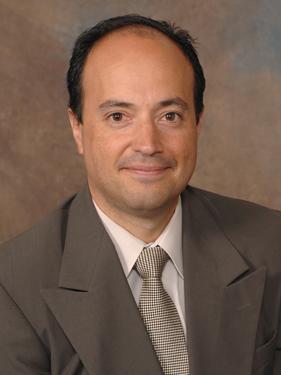Episode 59: Understanding Biomarkers to Deliver Precise Treatments
While Parkinson’s disease (PD) is a broad category that includes similar symptoms, each person’s disease may have different features, rate of progression, needs and treatments connected to the specific underlying cause of that person’s disease. As we move towards “personalized” or “precision medicine,” which strives to treat each person’s condition according to their unique disease, research in neurology needs the tools to be able to define differences that can allow a truly personalized approach to treatment. Measuring biomarkers, measurable features that are characteristic of a disease, is one of these tools that provides a better understanding of the disease’s underlying biology and causes. They could be imaging such as MRI, chemicals in the blood or brain, brain wave patterns, or even specific signs and symptoms.
Knowing the underlying causes of the disease can help to design and test therapies that could slow down or stop PD. Using biomarkers would be especially helpful for the design of clinical trials for several reasons. It would allow researchers to segment testing of medications by individuals with similar underlying biology in order to understand if it works for all or just some types of Parkinson’s. It would also help us better monitor if and how a drug is working. Neurologist Dr. Alberto Espay of the University of Cincinnati proposes that Parkinson’s research requires a new way of thinking based on biomarkers to know precisely what kind of disease one is dealing with, especially when participating in clinical trials. Drugs that work for one form of PD may not work for another. Dr. Espay compares the precision of treating Parkinson’s today to where the cancer field was 30 years ago.
Released: July 16, 2019
Want more?
Don't forget to subscribe! There are many ways to listen: Apple Podcasts, TuneIn (Amazon Echo), Spotify or RSS Feed. (Need help subscribing? See our quick guide.)
For all of our Substantial Matters podcast episodes, visit Parkinson.org/Podcast.









